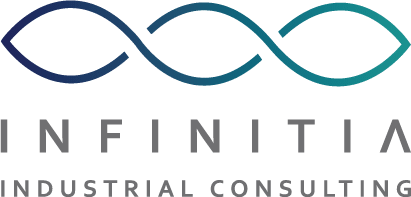Analysis of waste and recycled materials
Residue analysis, besides being a procedure of great importance in the industrial field, can be complex, as it focuses on identifying the remains of certain components, even in trace form.
Recycled materials are an example of a product that requires detailed analysis, as they may contain residues at source that must be detected and quantified so that they do not exceed the permitted limits.
Thus, this set of techniques is of vital importance for different industries, since some of these residues can be pollutants or even harmful to health. This is the case of the automotive sector, which is very strict in its regulations, or the furniture sector. So much so that, if it is not adapted to the standards in that field, the piece can be discarded.
In Infinitia Industrial Consulting our experts will allow you to perform an accurate and detailed waste analysis to check that your products meet the necessary requirements.
Residue analysis services
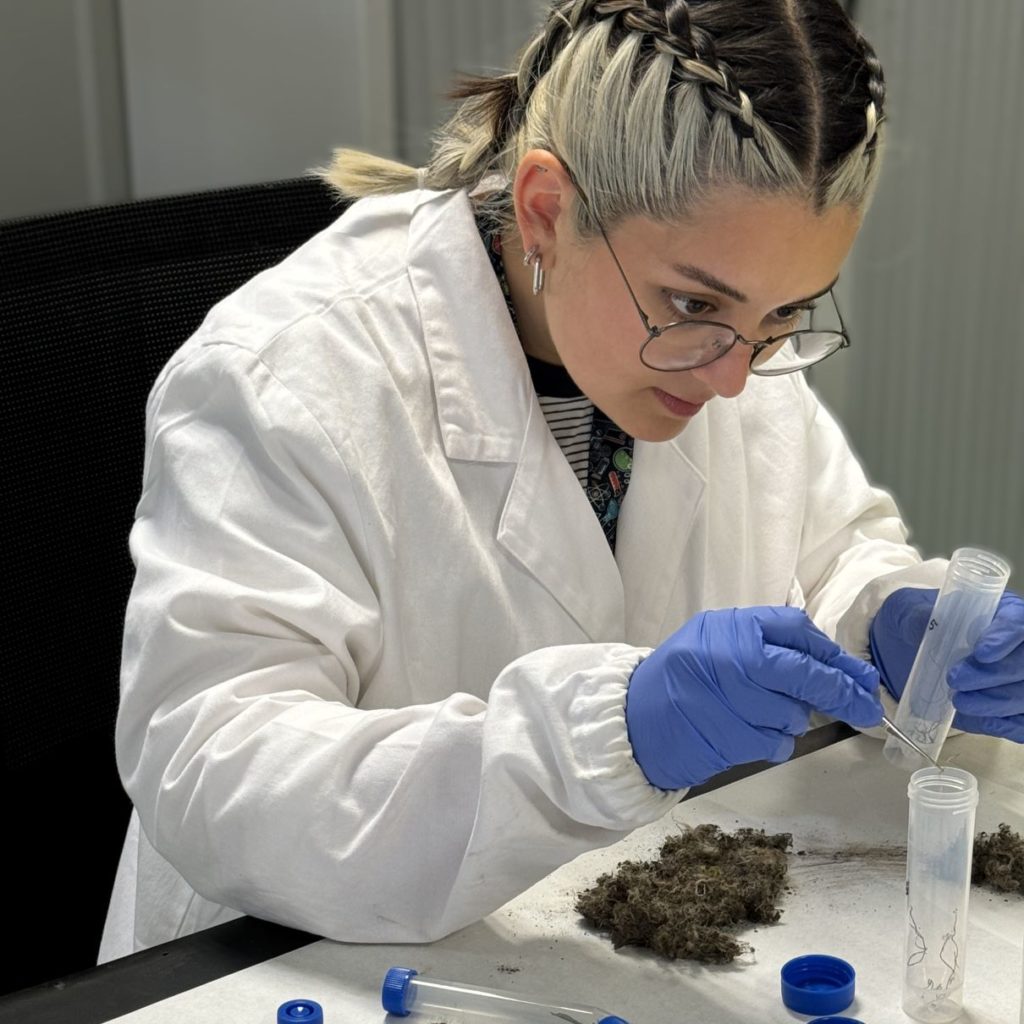
Volatile substances content
Volatile Organic Compounds (VOCs) are a wide range of chemicals that affect health and the environment. To detect them, tests such as gas chromatography are available.
Mass spectrometry, which allows the study of compounds in a sample by separating atomic nuclei according to their mass-to-charge ratio, is also effective.
Water content
The term water content refers to the amount of water in a given material. It is a very common concept in industry, in various components such as wood, plastics or minerals and in markets such as the food industry.
To determine the amount of water in a material, the Karl Fischer method is one of the most common methods. This procedure allows quantitative determination in solid, liquid and gaseous materials and is used in various industries such as food, chemicals, pharmaceuticals and cosmetics.
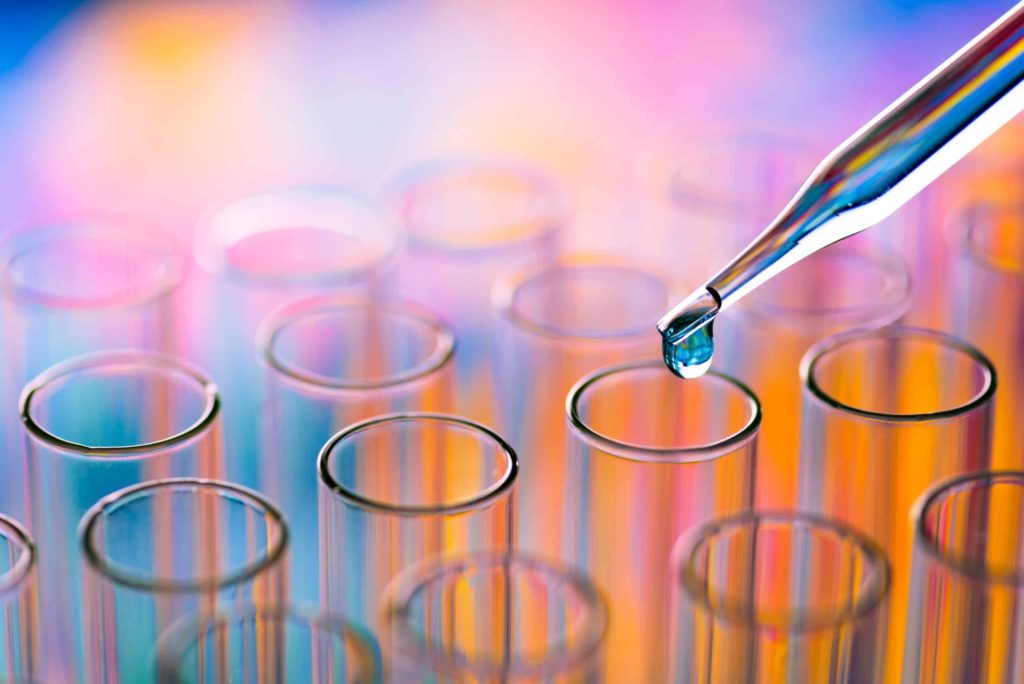
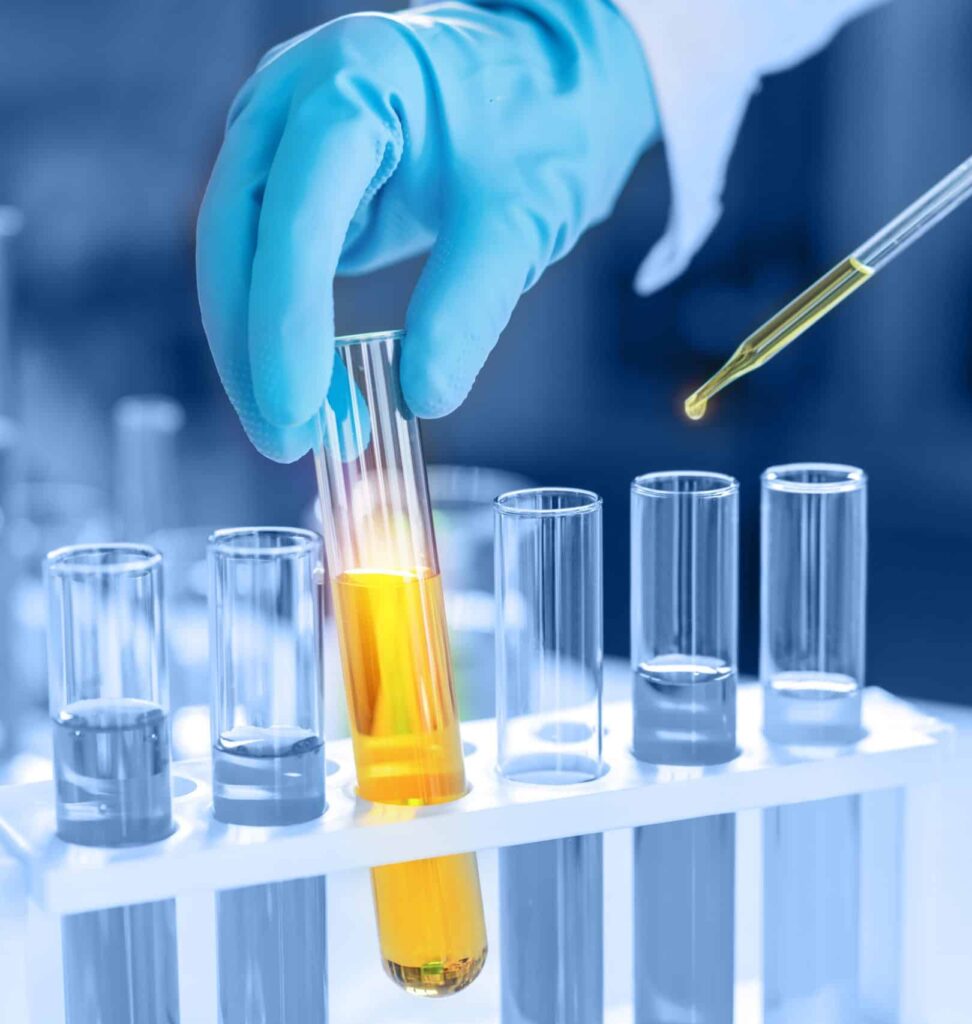
Analysis of contaminants and impurities in plastics and other media
Plastics and other materials can, for various reasons, contain or develop impurities and contaminants during their service life. Detecting such elements is an important issue, as it can affect quality standards or even regulatory compliance.
Impurity analysis aims to quantify and identify foreign objects and other types of elements that should not be found in a given material. Their detection in the laboratory will be a matter of relevance in order to avoid possible failures or other quality-related problems.
With regard to plastic materials, specifically recycled plastics, it is advisable to decontaminate them at the end of their useful life so that they can be processed for production and maintain their properties. For this reason, it is essential to apply a contaminant analysis to detect the presence of these substances.
Within this field, chromatographic techniques make it possible to very accurately refine the identification of contaminants in plastics. In fact, there are certain substances that are frequently detected, such as additives, oligomers or chemical products that are developed through the use of these materials.
Identification of industrial solvents
Residual solvents are organic chemical compounds that are produced or used in the manufacturing or purification processes of a product and that are not completely eliminated.
Industries such as the pharmaceutical industry must have a strict control of these solvents, since they may be part of the manufacture of a drug but, once the process is finished, their presence must be quantified in the final product.
If you need to perform analysis of residues and recycled materials, in Infinita Industrial Consulting you will find sophisticated technological laboratory equipment and the knowledge and experience of our professionals.
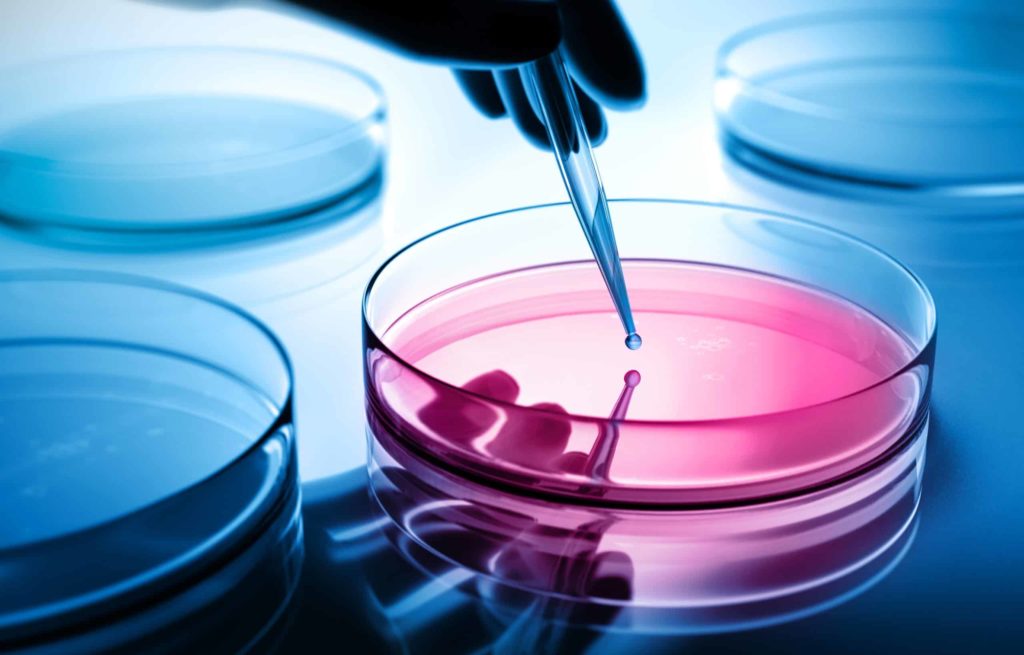
Contact with us
Contact us for more information or, if you prefer, you can use one of our other technical consultancies with complementary services to boost your project.
